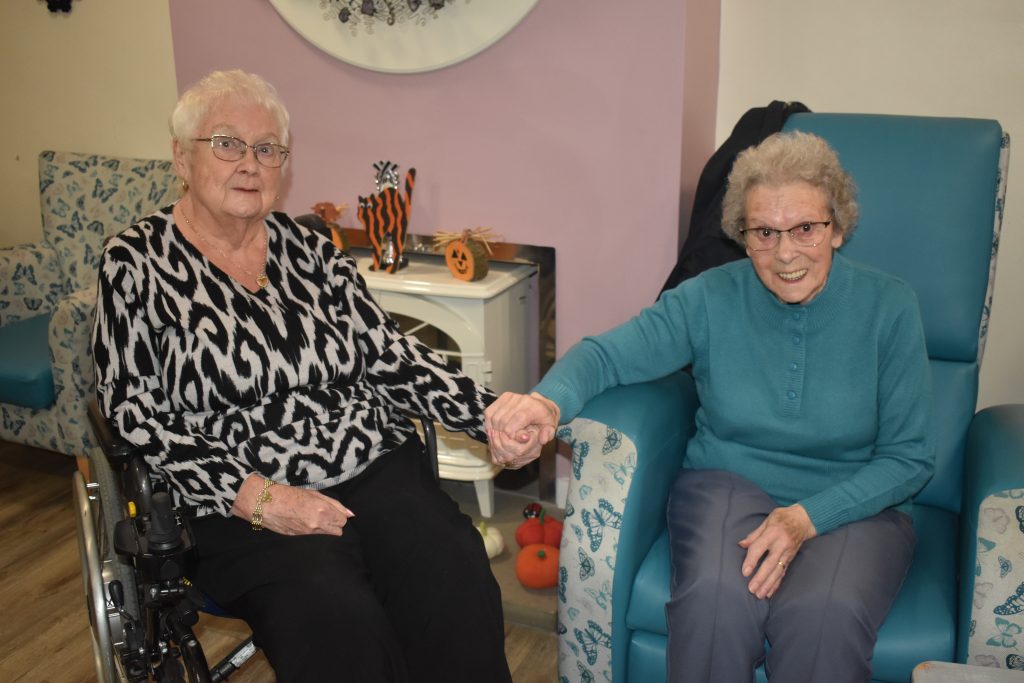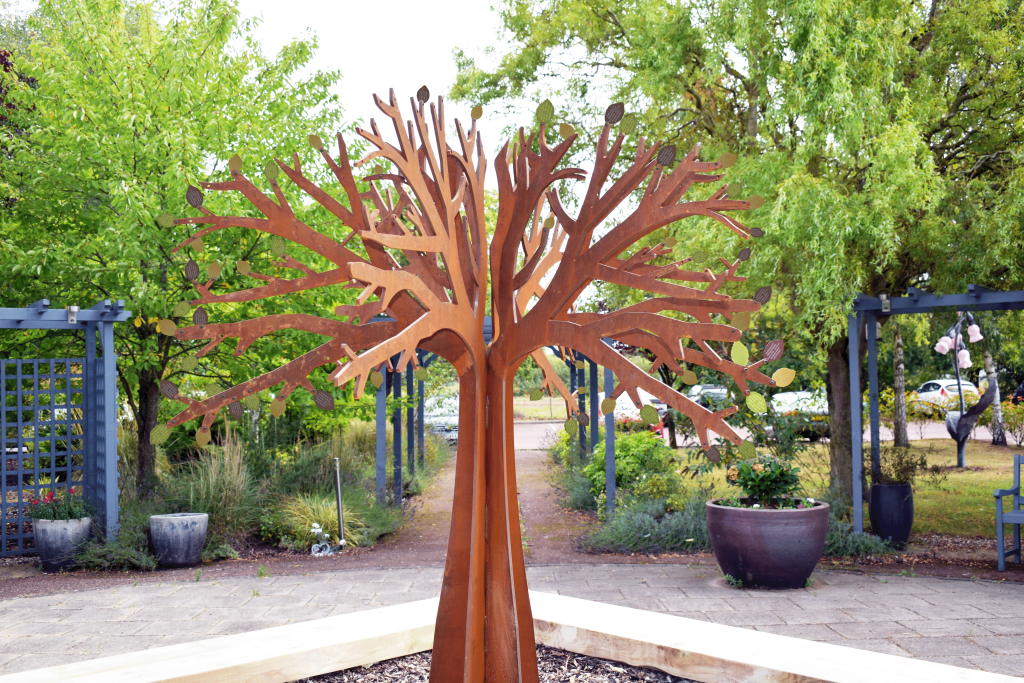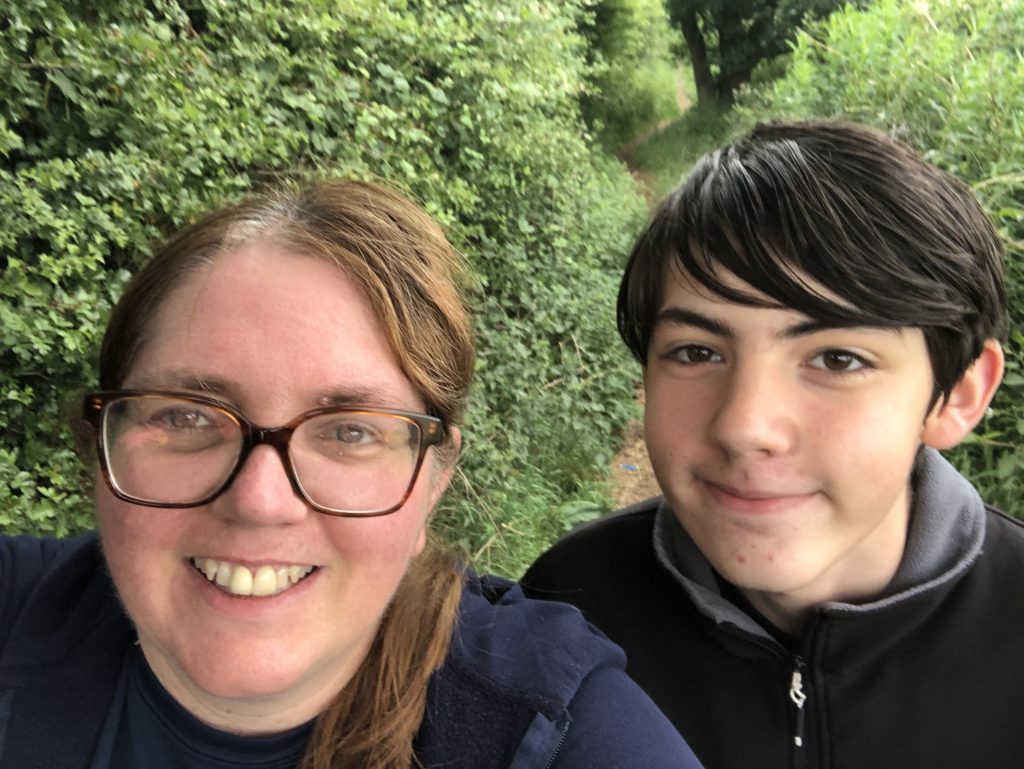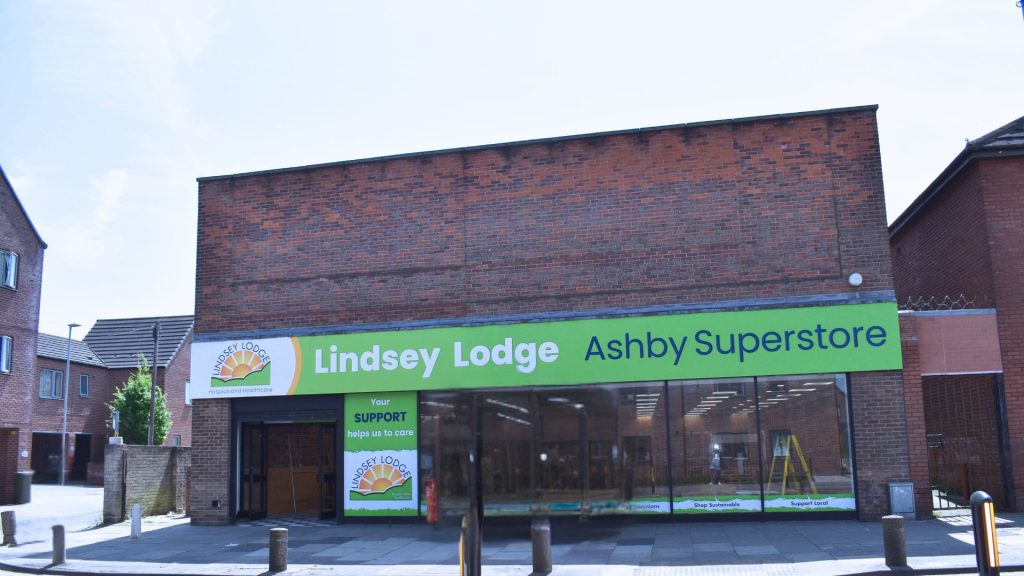
The Culture of Dying Matters in Nigeria
The Culture of Dying Matters in Nigeria
As Dying Matters Awareness Week (May 5th – 11th, 2025) focuses on “The Culture of Dying Matters,” it’s a crucial time to explore the diverse ways different communities navigate death and bereavement. We spoke to Lindsey Lodge trainee GP Ndidiamaka Oji, who is originally from Nigeria to talk to us about how people in Nigeria deal with death and dying.
In Nigeria, a country rich in cultural and religious diversity, the conversation around death is multifaceted and deeply embedded in traditions, beliefs, and social structures.

Talking About Death: A Blend of Acceptance and Taboo
In Nigeria, death is often viewed as a natural and inevitable part of life, a transition rather than a definitive end. This perspective is influenced by indigenous beliefs in an afterlife and the significant roles of ancestors. For example, the Yoruba believe in reincarnation and that ancestral spirits continue to interact with the living. Similarly, the Igbo see death as a transition to a new realm.
However, despite this general acceptance of mortality, openly discussing death, especially one’s own, can still be considered taboo in many Nigerian cultures. Talking about death is often seen as “inviting death in”. Instead, conversations often revolve around general pronouncements about the will of God or fate when someone passes. Younger people’s deaths are particularly difficult to accept and are sometimes attributed to malevolent forces rather than natural causes. When a young person dies their funeral will be very different to that of an older person, and will be much more intimate. It is often seen as taboo for parents to bury a child, so they rarely attend burial ceremonies for their own children.

Dealing with Death: Elaborate Rituals and Communal Support
Nigerian cultures have elaborate and varied rituals surrounding death and bereavement, reflecting the belief that proper ceremonies ensure the deceased’s peaceful transition to the afterlife and prevent them from haunting the living. These customs are deeply rooted in ethnicity and religion.
Traditional Burial Practices:
- Yoruba: The “Isinku” (burial) rites for can last for 2 – 3 days, involving rituals (“etutu”) to guide the spirit to the next realm, with the expectation of reincarnation. Purification rites, dressing the body in white, and sometimes placing provisions for the journey are common.
- Igbo: Traditional burials involve two funerals and a wake. The wake takes place first before the funeral. The first funeral will then take place in the deceased’s living room, with valued possessions, and gifts and food brought to celebrate life. The burial itself can often happen in the families own compound. What follows this is a more lavish celebration to ensure the deceased takes their place among ancestors. The burial process can span 3–4 days, often from Friday to Sunday. Here’s a more detailed breakdown:
Day 1 (Friday): Wake-keeping, service of songs, or candlelight vigil. This is a time for friends and extended family to gather, share memories, sing hymns, and show support.
Day 2 (Saturday): This is the main burial day, and it typically includes several components:
– Lying-in-state and body viewing: This is usually held in the family compound or the deceased’s home. It can be an intimate or public viewing, depending on the family’s preference, and some families may choose to skip it entirely.
– Church ceremony or thanksgiving service: If the deceased was Christian, this is usually a formal service held at their place of worship or at the family’s compound. It includes prayers, eulogies, and hymns.
– Burial: The actual interment takes place, often in the family compound or a cemetery.
– Reception/Celebration of life: After the burial, a large reception is held. Guests wear aso-ebi (coordinated outfits), and there’s usually food, drinks, music, dancing, and the giving of gifts. These gifts may be in the form of money in envelopes, livestock (like cows), or other offerings as a show of support and honor for the deceased.
Day 3 (Sunday): Outing service – the immediate family attends a thanksgiving service at church to give thanks for the successful burial rites and to honor the memory of the deceased.
Common Elements Across Cultures:
- Wake-keeping/Service of Songs: A gathering before the burial for paying respects, sharing memories, prayers, and sometimes music and dancing.
- Mourning Attire (“Aso Ebi”): Families often wear specific colours and traditional clothes to funerals, with darker colours for younger deceased and brighter for elders.
- Elaborate Feasting: After the burial, a large gathering with food and drinks celebrates the deceased’s life and brings the community together. For prominent individuals, this can last for days.
- Second Burial: Practiced by some ethnic groups, this ensures the deceased has a peaceful passage to the afterlife.
Grief and Bereavement:
Grief in Nigeria is often a communal experience. The extended family and community play a vital role in supporting the bereaved, offering emotional and practical help with funeral arrangements. Mourning periods vary, with some religions like Islam having specific durations. It is common in Nigeria for widows to wear white for six months after the death of their husband as a sign of commitment.
Understanding these cultural nuances is vital during Dying Matters Awareness Week, highlighting that while grief is a universal human emotion, the ways we approach, discuss, and commemorate death are shaped by our diverse cultural landscapes.




